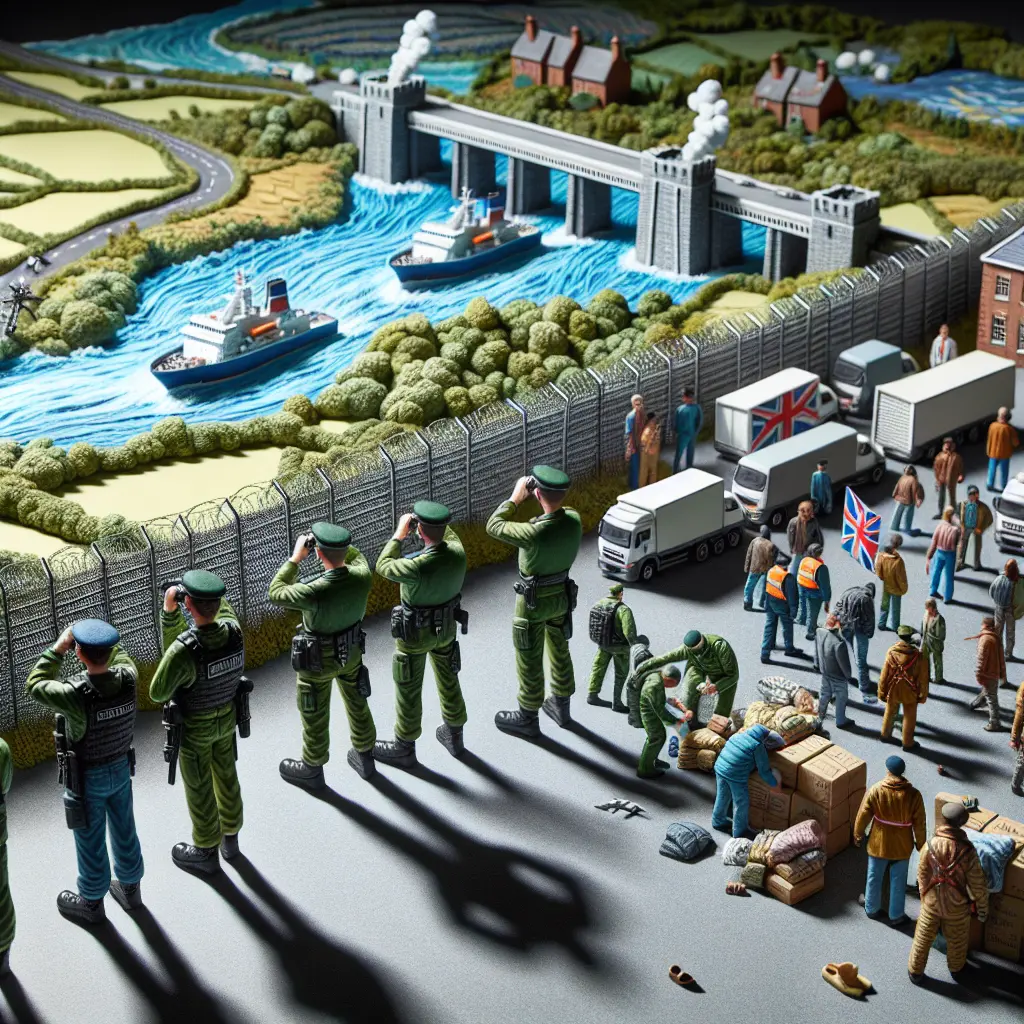In a rapidly changing political climate, the direction of UK immigration policy is once again at the forefront of national debate.
Over recent months, the newly elected Labour government under Keir Starmer has surprised both critics and supporters with a noticeable shift towards a more conservative stance on various issues, particularly immigration. Traditionally seen as more open and progressive on matters of migration, the current Labour leadership is enacting policies that not only echo but sometimes surpass the restrictive measures previously championed by the Conservative Party.
A Conservative Turn on Immigration
The Labour government’s approach signals a clear pivot to the right, aiming to address public concerns over border control and national security. Key changes and trends include:
Stricter Border Controls: Recent decisions include tightening entry requirements for new arrivals, with increased scrutiny on documentation and asylum claims.
Reduced Aid Budgets: Foreign aid cuts have implications for migration patterns, as fewer resources are allocated to support stability in countries where many migrants originate.
Focus on ‘Controlled Migration’: The administration is emphasizing skills-based immigration, prioritizing individuals who can fill specific gaps in the UK workforce while making it harder for others to enter.
Societal and Political Context
This policy shift comes amid a wider social backdrop. Issues such as national identity, economic security, and the perceived impact of ‘woke’ culture have influenced public opinion, pushing mainstream parties to adopt firmer stances on migration. The Labour government appears keen to reassure voters that it can deliver effective management of the UK’s borders while balancing humanitarian obligations.
Impact on Immigrants and Communities
With the new policies in place, there are significant implications for immigrants and their families:
Increased Uncertainty: Stricter criteria and more frequent policy changes have led to a climate of uncertainty for those seeking to make the UK their home.
Community Tensions: As debates over migration intensify, there is potential for greater division within local communities—making social cohesion an ongoing challenge.
Legal and Humanitarian Challenges: Advocacy groups warn that more restrictive rules may lead to legal disputes and questions over the UK’s adherence to international human rights standards.
What Does This Mean for the Future?
The evolution of UK immigration policy under Labour will be closely watched. Will these new measures achieve their intended goals of security and order, or risk alienating vital segments of society and workforce? Only time will tell how this conservative shift will shape Britain’s future as a destination for migrants and refugees.
For those affected by these changes—whether aspiring immigrants, advocates, or local communities—staying informed is crucial. You can read more about this evolving story at thejournal.ie.
Shaping the National Conversation
Thank you for joining me in exploring this significant moment in UK immigration policy. Whether you’re directly impacted or simply interested in the changing face of Britain, understanding these developments is essential for shaping informed perspectives.
As the debate continues, it is important for all voices to be heard—those of policymakers, community leaders, immigrants, and advocates alike. The choices made today will have lasting effects on society’s fabric.
Keep asking questions about what kind of country we want the UK to be. Stay engaged, stay informed, and participate in shaping the nation’s future.
These developments remind us that immigration is not just about policy; it’s about people and values at the heart of society.









Leave a Comment